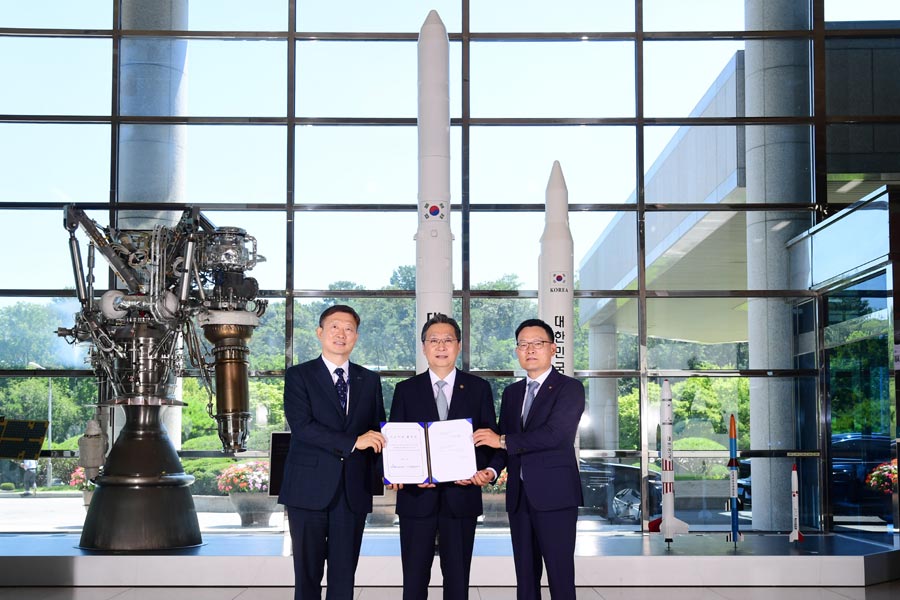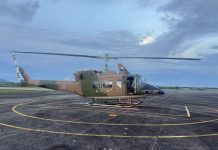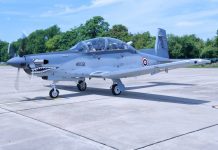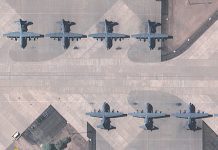 Hanwha Aerospace has signed a technology transfer agreement with the state-funded Korea Aerospace Research Institute (KARI) for the KSLV-II (Korea Space Launcher Vehicle-II), also known as Nuri – Korea’s first indigenously developed space launcher.
Hanwha Aerospace has signed a technology transfer agreement with the state-funded Korea Aerospace Research Institute (KARI) for the KSLV-II (Korea Space Launcher Vehicle-II), also known as Nuri – Korea’s first indigenously developed space launcher.
This milestone marks the first full lifecycle transfer of space launcher technology – covering design, manufacturing, and launch operations – from the public to the private sector in South Korea. The move positions Hanwha Aerospace as a frontrunner in the nation’s rapidly expanding space industry.
The KSLV-II is a flagship achievement for South Korea. Developed from 2010 to 2023 with contributions from over 300 private firms, its successful launch established South Korea as the seventh nation capable of independently launching satellites using homegrown technology.
Under this agreement, Hanwha Aerospace will collaborate with KARI on upcoming KSLV-II launches to ensure a seamless transfer of expertise and operational know-how.
“This technology transfer is a critical milestone for improving the nation’s space industry capabilities,” said Son Jae-il, President and CEO of Hanwha Aerospace. “It provides us with the foundation to enhance the KSLV-II’s technological capabilities and cost-effectiveness. Our goal is to build a robust and globally competitive commercial launch service, solidifying our position as a leader in the new space era.”
The deal also reflects Hanwha’s broader strategy to create a comprehensive space industry value chain. By integrating the capabilities of affiliates such as Hanwha Systems and Satrec Initiative, the company plans to link space transportation, satellite manufacturing, and services into a cohesive, private sector-led ecosystem.
 For Editorial Inquiries Contact:
For Editorial Inquiries Contact:
Editor Kym Bergmann at kym.bergmann@venturamedia.net
For Advertising Inquiries Contact:
Group Sales Director Simon Hadfield at simon.hadfield@venturamedia.net









